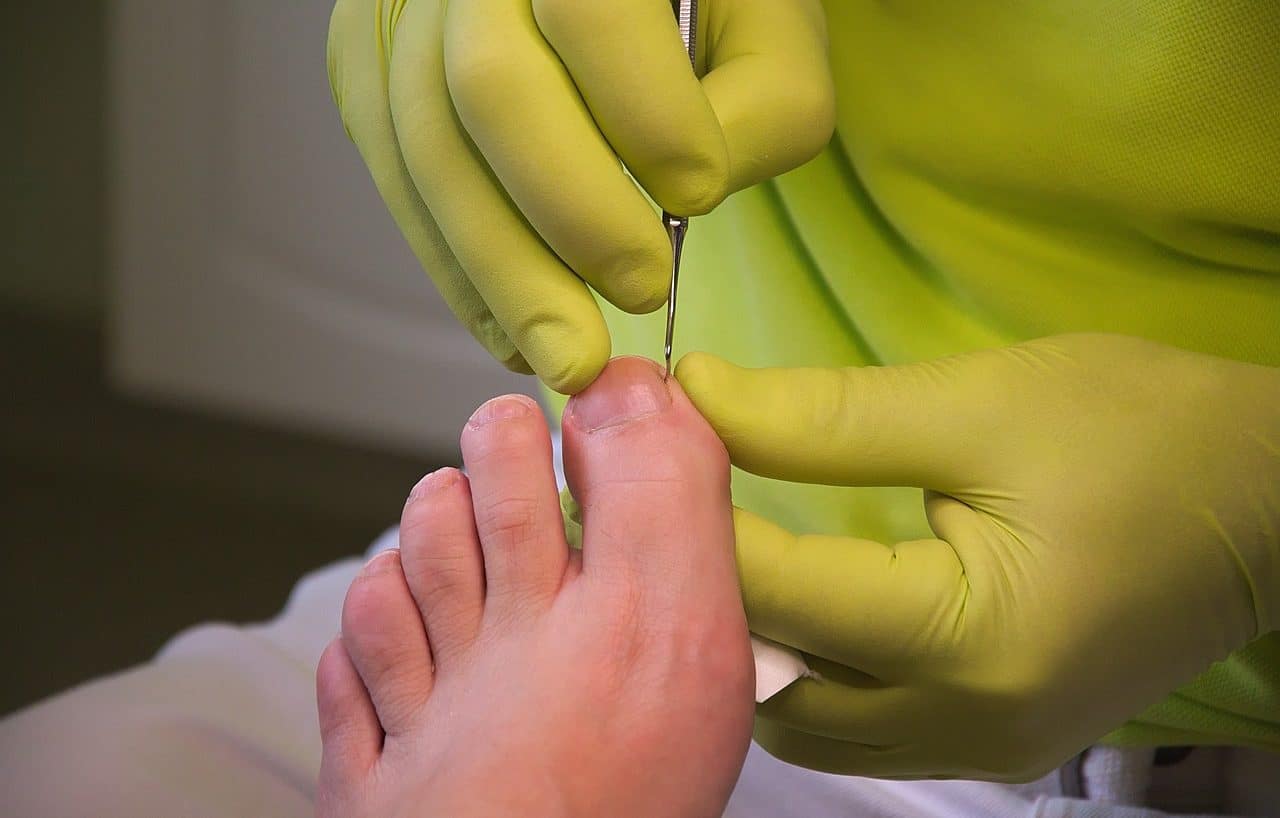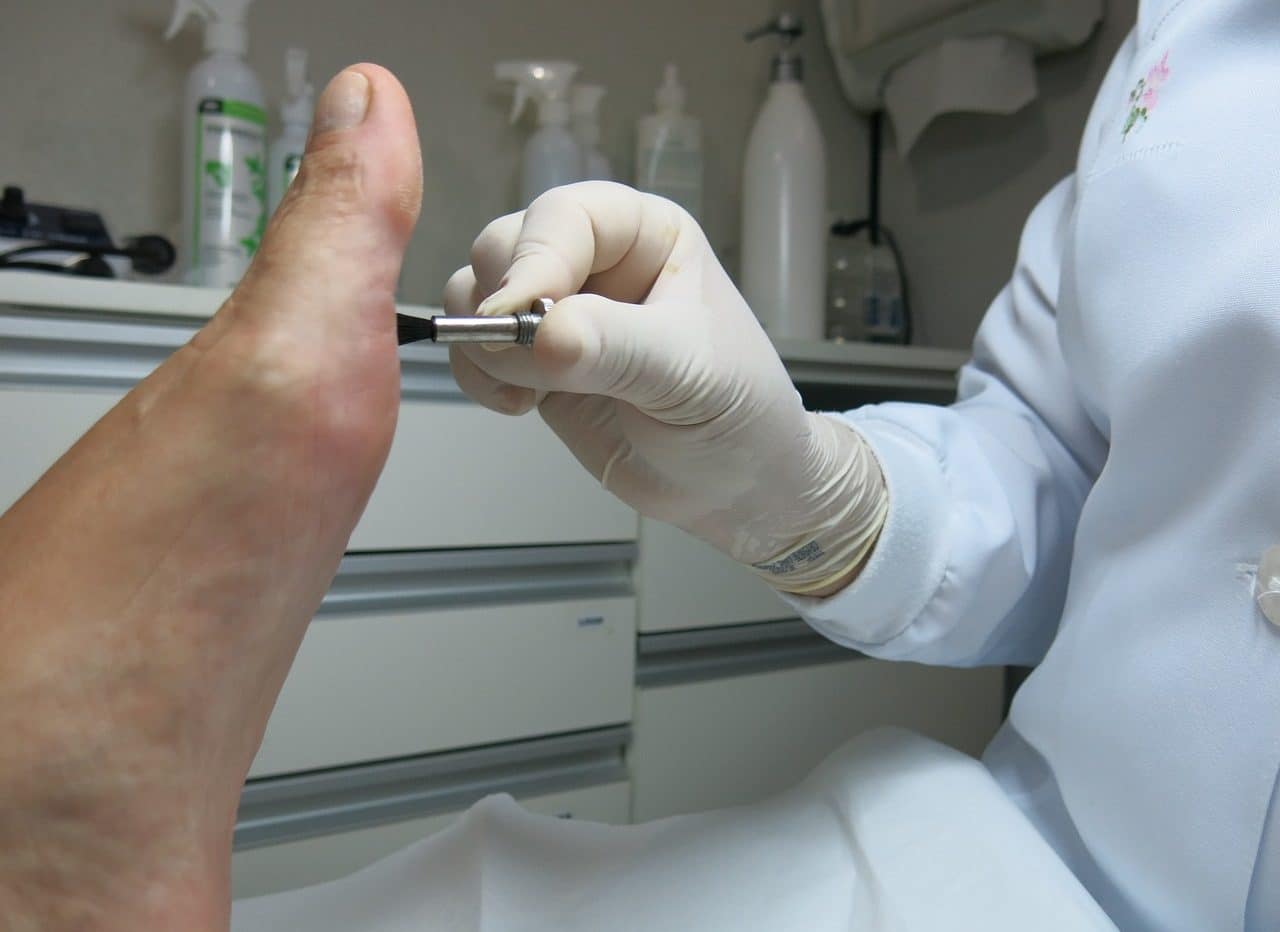
Podiatry is responsible for foot care.
Podiatry is the specialty of medicine that is dedicated to analyzing, diagnosing and treating various disorders linked to the feet . The podiatry expert (called a podiatrist ) can be responsible for the treatment of multiple conditions as long as the action does not require complex surgery.
The etymological origin of the word that concerns us now is found in Greek. And it is made up of three components of said language: the noun podos , which can be translated as “foot” ; the term logos , which is synonymous with “study” ; and the suffix -ia , which is used to indicate “quality” .
Origins of podiatry
It is interesting and curious, at the same time, to know that, although it was only in recent decades that podiatry has gained prominence in our society, it was already a science or a medical branch with a long history behind it. Thus, it is considered that in Ancient Egypt there were professionals specialized in foot care. Specifically, Pharaoh Amenophis IV was in charge of several people who focused on ensuring that his feet were in the best possible condition, without calluses and even with nail polish.
That was the beginning and throughout history podiatry has always existed in one form or another. Thus, for example, in the Roman Empire, those who enjoyed the thermal baths also had the possibility of taking care of their toenails and even treating their calluses and calluses.
And what can we say about the time of the Catholic Monarchs ? At that time, the monarchs established that one of the professional groups, that of protobarberatos or barbers , was the one dedicated to treating calluses. Of course, they also proceeded to perform bandages and even address everything that had to do with the teeth.

Podiatry is a branch of medicine.
Your knowledge
Podiatrists have knowledge of general medicine, physiology, anatomy and other branches of knowledge. This allows a very wide range of activities linked to foot health to be developed, analyzing everything from the person's way of walking to structural alterations of the lower limbs, including infections and other problems.
It is important to highlight that the podiatrist has the power to prescribe drugs , just like a doctor does. This allows it to treat various pathologies that require the patient to take certain remedies.
Podiatry is also responsible for designing and developing those supports that some people need to use on the soles of their feet to improve their posture or so that their gait is healthy.
Sometimes, the podiatry specialist must refer his patient to other professionals since the disorder noticed in the feet is a consequence or symptom of a disease or condition that arises in another area of the body. In this way, the podiatrist can warn that his patient possibly suffers from diabetes or rheumatism , for example, referring his comprehensive treatment to another expert.
Finally, it is known as forensic podiatry , the use of podiatry by investigators who must prove certain situations before the law . The forensic podiatrist can help obtain evidence linked to a crime.
